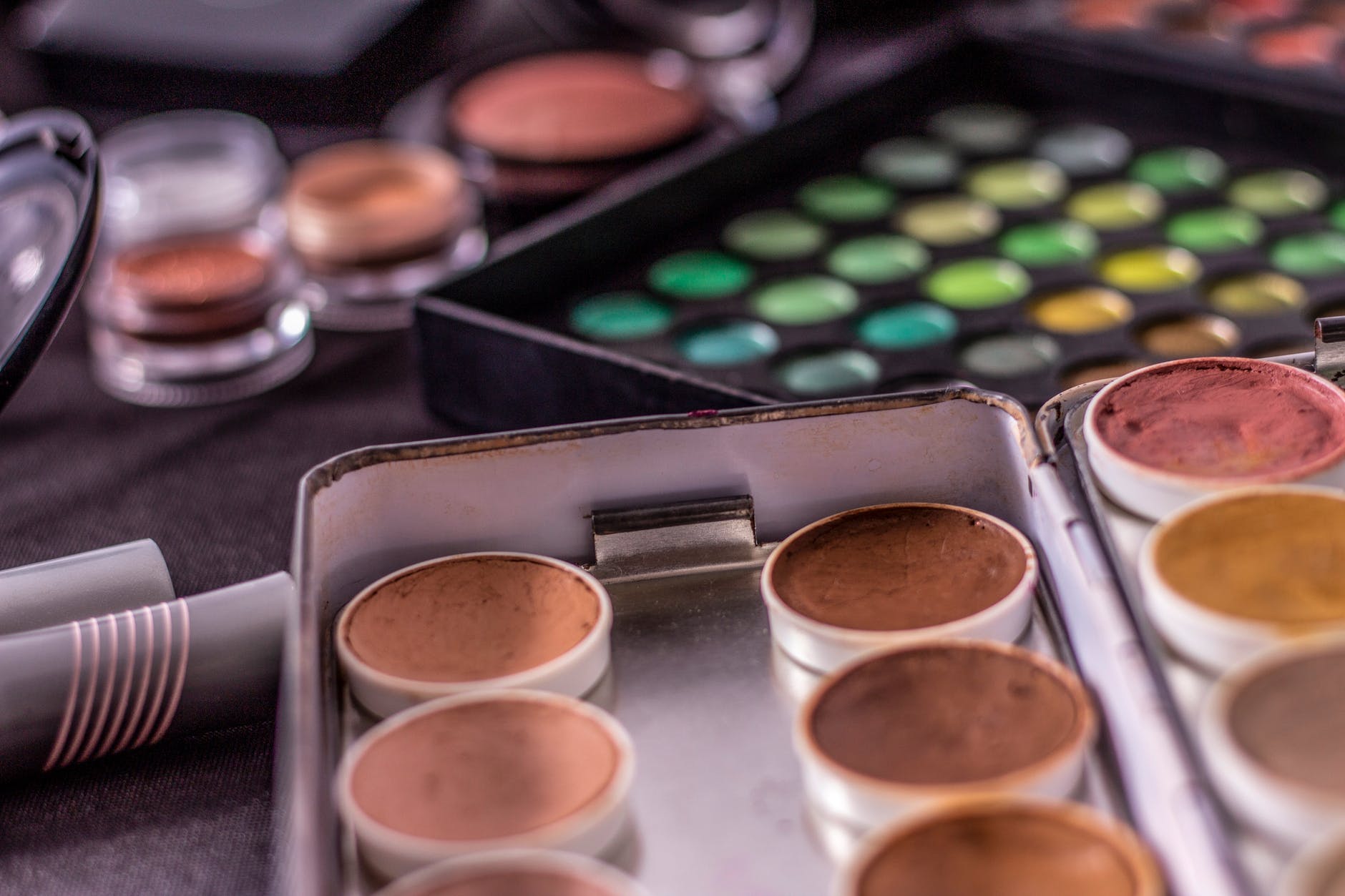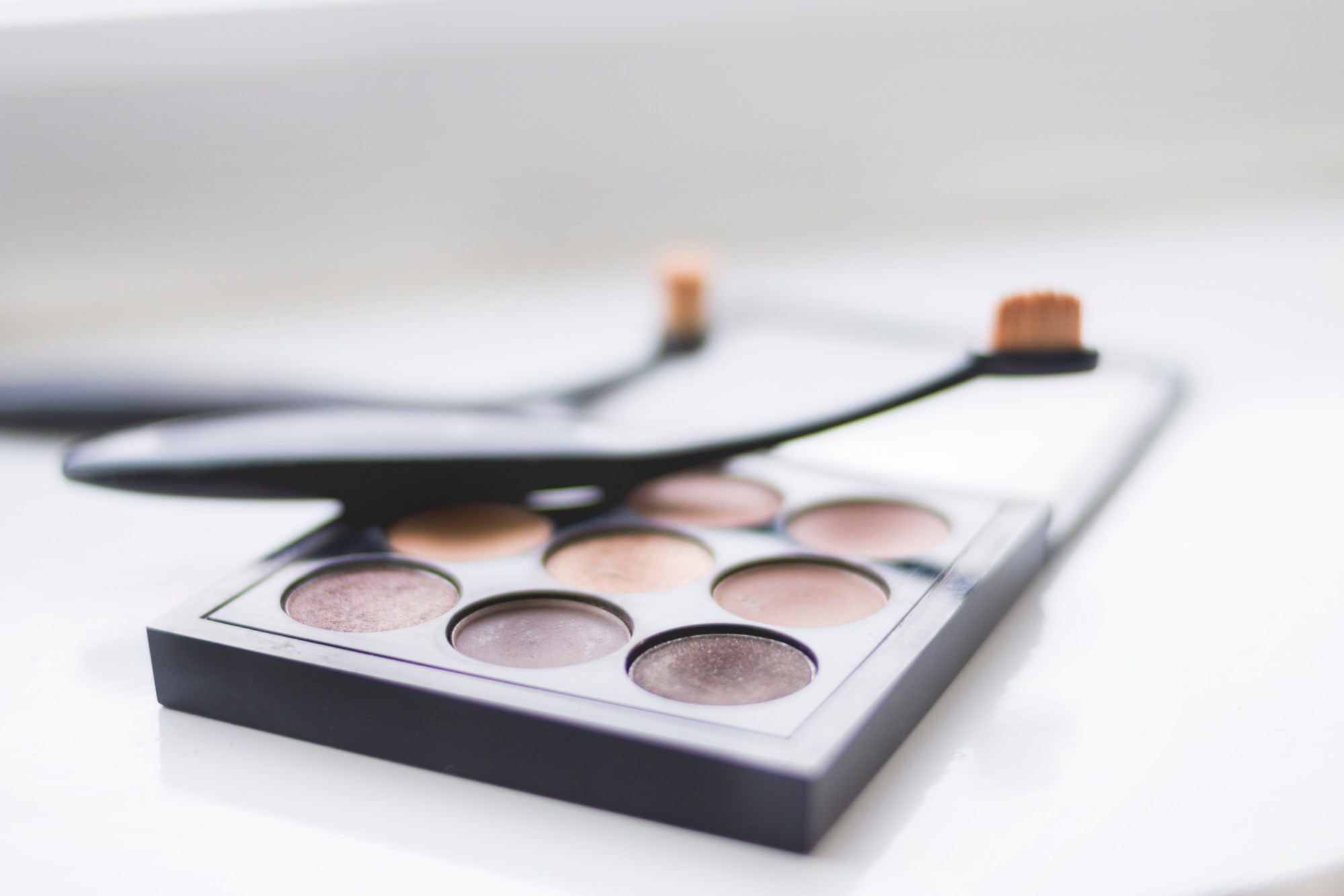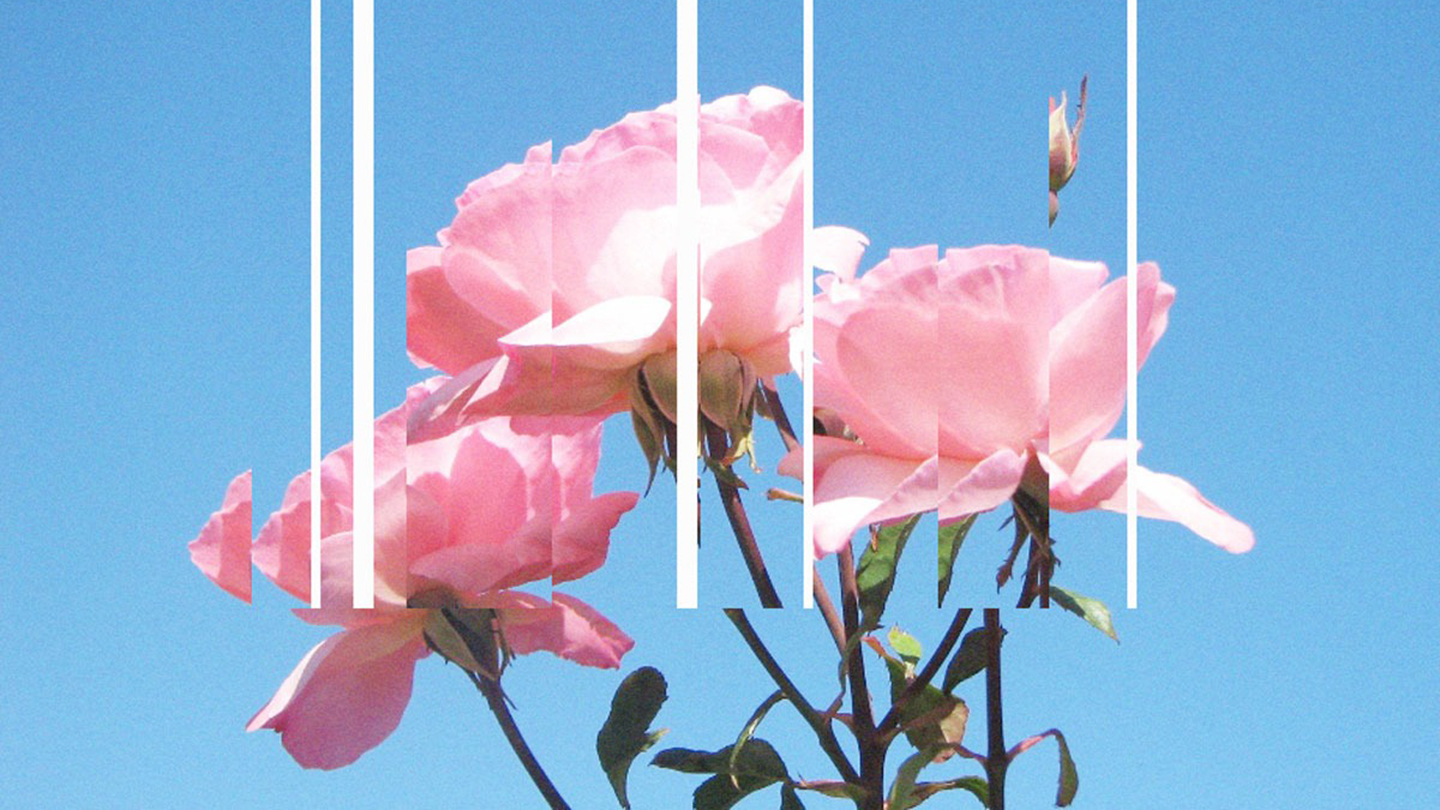How important is your hair to you? What about your eyebrows? Your eyelashes? Your breasts? How much meaning do you ascribe to these things? How much do they count when you decide what makes you beautiful? How much would the meaning you place on beauty change if, on a cold, rainy Tuesday morning in February, a doctor sat you down and explained to you that you have cancer, and over the next year you might lose one, or more likely, all of these things?
In February this year I was diagnosed with breast cancer, which is unfortunate for a number of reasons. Firstly, it’s extremely uncommon to get breast cancer in your 20s (it’s 0.06%, brilliant). Secondly, if you’re lucky enough to beat those odds, the likelihood is that you have a very aggressive form of breast cancer, one that can’t be approached without the whole hog of treatment — surgery, radiotherapy, hormone therapy and months of gruelling chemotherapy. That means that chances are you’re gonna lose (at the very least) some hair and a bit of a boob. There’s plenty of literature about how getting that news will shake your foundations, how it will make you reconsider what’s important to you and send you on some kind of Eat Pray Love journey of discovery. But there’s less said about how it shakes your sense of self, primarily because it strips from you, potentially, of so many of the things you consider to make up what makes you beautiful.

The importance of beauty, both in the ‘cancer world’, and in the wider, real world, is looked upon with barely concealed disdain by many. It’s considered vain and prideful, and plenty of people will tell you that your appearance doesn’t matter when you’re supposed to be fighting for your life. And while it’s true that being alive is (obviously) your primary concern, that doesn’t eliminate the innate urge to care about how the world sees you, and to want to curate how you present yourself to the world.
Andrea Pellegrini is a makeup artist and YouTuber who began her channel, Baldly Beautiful, after her own breast cancer diagnosis in July 2014, to help other women going through chemotherapy. “At first I wasn’t keen on the idea of showing my bald head to the world, but I slowly came around to it,” she says. “It helped me connect to so many women going through the same thing, and it gave me a purpose, something to focus on when I was feeling ill and down.” Andrea’s videos focus on helping women who have lost most of their identity through cancer treatment to reconnect to that through beauty and makeup.
“You have to be kind to yourself when going through treatment. You don’t look the same and half the time you don’t recognise yourself — it’s upsetting. It can really get you down. But that’s where the power of makeup and beauty comes in. We use it day-to-day and barely think about it, but when you’re going through cancer treatment that little bit of self-care can really make a difference to how you’re feeling.”
When people know you have cancer they change how they see you, how they treat you, how they speak to you. They do it whether they notice it or not. Suddenly everything you do or say is tinged with some sort of significance and sadness. You stop being a normal young person, and become someone that people will say is “brave” with annoying regularity.
“When you look ‘sick’ people just don’t treat you the same,” Cindy, one young woman dealing with breast cancer, told me. Her sentiment isn’t uncommon. Amanda, another young cancer sufferer, and cold capper (an experimental method which sees cancer patients wearing ice cold hats during chemotherapy infusions in an effort to save their hair), who works in the fashion industry explained: “I was very sensitive about staying professional during treatment and not letting the fact that I have cancer define me. I chose to try to keep my hair because I’m single, and I wanted to still look and feel like myself. I had been dating someone for a few weeks when I was diagnosed and I didn’t want to be seen by them as just someone who is sick. When you feel like all your control and choices are gone, beauty is something you can keep hold of.”
“I just like being able to tell people on my own time and not have cancer enter the room first.”
We expect certain things to be the ‘face’ of cancer. We expect it to be hairless and ashen and solemn and sad and thin, clinging on to life. We expect this sort of gloomy martyrdom because it’s what we’ve been told to expect, through every film or TV show about cancer we’ve ever seen. We expect people, and especially women, with cancer to be brave, passive martyrs, concerned only with getting better to look after their husbands or their children, and courageously sacrificing their identity and their appearance in pursuit of that.
Not only is that stereotype reductive and frankly sexist, it’s also not reality. Recent studies suggest that one in two people in the UK can expect to get cancer in their lifetime, a terrifying fact but one that should prove that, in such massive numbers, no two experiences of the disease are the same. And there are plenty of people who want to be active, to have some agency in their treatment. For many people, especially women, that agency comes with controlling how they’re seen by the world. For them, beauty becomes something more than self-care, it becomes feminist and political. Society dictates that women are expected to be beautiful — except when they are sick. Sexist norms force women to live inside a dichotomy where they’re either sexy or sad, beautiful or brave, fit or tragic, but never both. When a woman is sick, especially with cancer, she’s automatically expected to become nothing more than a strong but pitiful fighter, and we struggle to cope with seeing women outside those boundaries. Refusing to accept them then, isn’t just a way to reclaim and maintain your identity, it’s a political act.
I didn’t (and still don’t) want to be seen as someone who has cancer, and is therefore unlucky and sad above all else. That part of my life is just that — one part of a wider identity. Actively pursuing ways of minimising looking like I have cancer is how I cope with it. And it’s helped, massively.
The political, defiant aspect of beauty for people living with cancer is something Jennifer Young believes in passionately. Her skincare range and beauty collection, Defiant Beauty, was created because of her mantra: “Women don’t stop being women when they are diagnosed with cancer.”
Jennifer, who worked as a scientist before becoming a beauty therapist, was shocked to find that during her training she was advised not to touch cancer patients. “I was working with women in treatment who wanted and needed the acceptance of touch and of self-care. It was a double injustice — people affected by cancer were being ignored by the mainstream beauty industry. Therapists were being taught not to touch anyone diagnosed with cancer and insurers were refusing to insure anyone who did.”

Appalled, Jennifer created her company Beauty Despite Cancer, to help people in treatment facing a potential loss of their identity. It’s specially formulated for cancer patients, so is fragrance free and avoids plant oestrogens like aloe vera, avocado and soy because of evidence that some cancers (mine included) are fed by oestrogens. “Research has shown that the low point of treatment is always when one looks in the mirror and no longer recognises the reflection,” Jennifer says. “Those words have stayed with me. I want to help people recognise themselves and maintain normality. Women don’t stop being women when they are diagnosed with cancer — but they are banished from beauty just when they need it most.”
Before finding out I had cancer, beauty was something that didn’t factor hugely in my life. I would never have dreamed of spending huge amounts of time or money on it. But in the past six months or so it’s become a huge part of my day-to-day routine. I spend hours scouring forums for tips on how to make sure my skin doesn’t peel, how to avoid my mouth filling with ulcers, how to try to stop my nails falling out from chemotherapy. I spend money on special shampoos, vitamins and supplements, moisturisers, a huge chunk of cash on tattooing on my eyebrows on, and every three weeks I spend hours freezing my head while having chemotherapy so that my hair (hopefully) doesn’t fall out. It’s expensive and tedious and painful, but it’s worth it. If you saw me on the street, you probably wouldn’t know I was sick. And while that means you probably won’t offer me a seat on the tube (annoying), it means that I can live a reasonably normal life while going through treatment.
That’s the level of importance and significance that beauty can hold to someone dealing with cancer. It’s not vanity, it’s self-care, it’s defiance, it’s a way of holding on to your identity after cancer tried to snatch it away.
